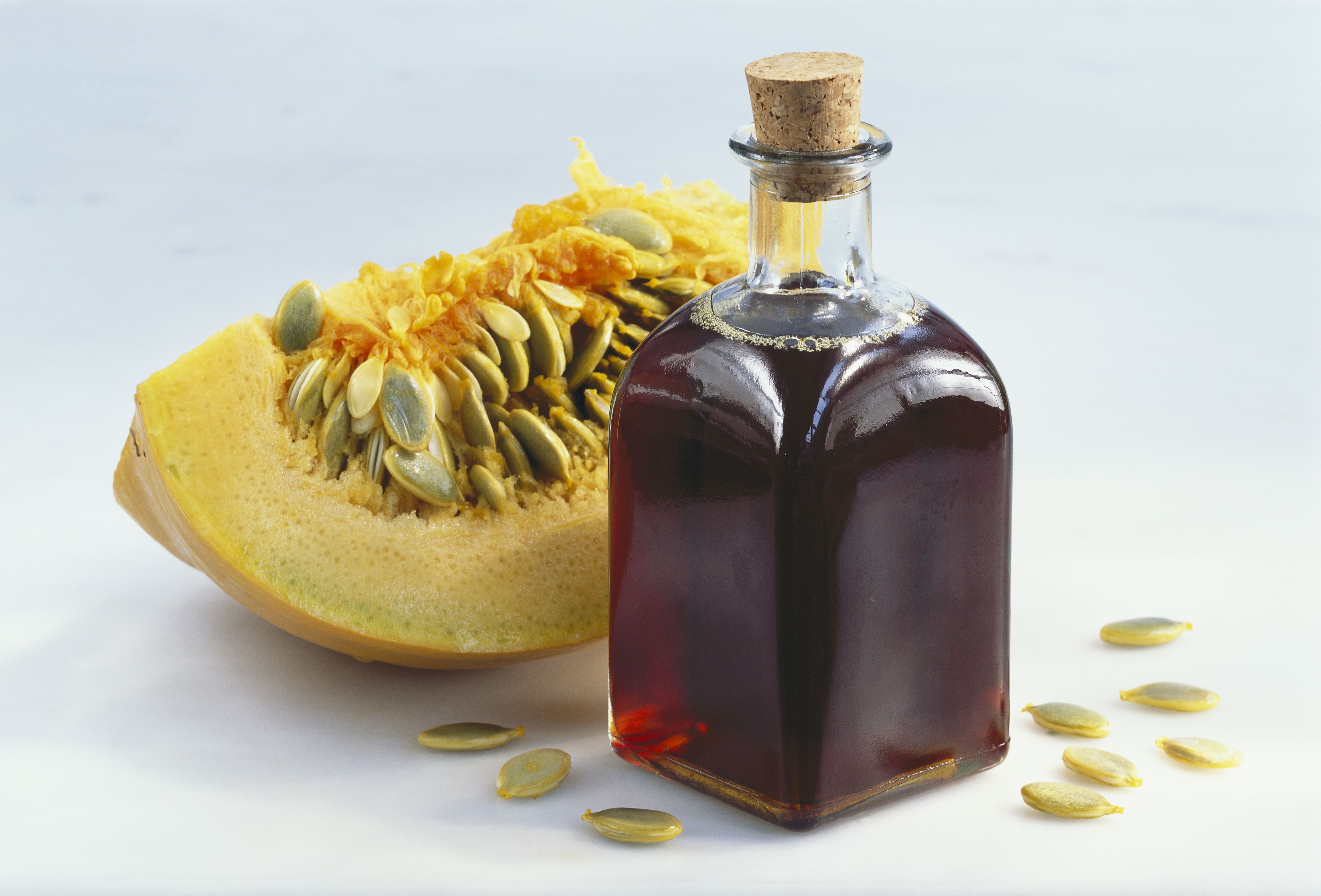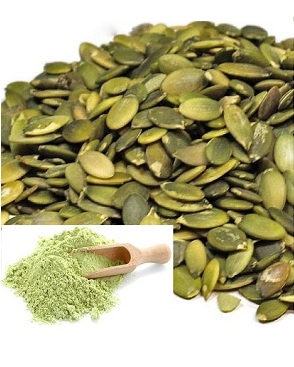- Plant-Based Protein
- Natural Plant Flavours
- Food and Dietary Supplement Ingredients
- Fruit Juice Powder
- Animal Nutrition Ingredients
- Water Soluble Ingredients
- Cosmetic Ingredients
- Unveiling the Therapeutic Potential of Rabdosia Rubescens: A Comprehensive Review
- What are the medicinal properties of Rabdosia Rubescens?
- Nutritional value of Orange Juice Powder compared to fresh orange juice.
- Processing Conditions and Nutritional Value of Orange Juice Powder
- Exploring the Versatility of Herbal Extracts in Food Flavors
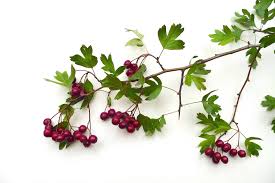
What are the health benefits of hawthorn leaf?
Welcome to our blog! Today, we are diving into the world of hawthorn leaf and uncovering its incredible health benefits. Whether you're a fan of herbal remedies or simply curious about natural alternatives, hawthorn leaf is definitely worth exploring.


Sunflower Seed Protein and benefits, Application.
Sunflower Seed Protein is made from selectively screened, cold-pressed Sunflower seeds, It contains 9 essential amino acid.Sunflower Seed Protein is processed to provide a smooth texture with a characteristic nutty flavor. It is low in saturated fats, and ideal for active individuals or anyone who wants to maintain overall health and energy levels.Sunflower Seed Protein is gluten-free, hypoallergenic, and a vegetarian/vegan source of protein.Sunflower seed protein powder is a good source for a protein smoothie, shake, energy bar, and meal replacement.
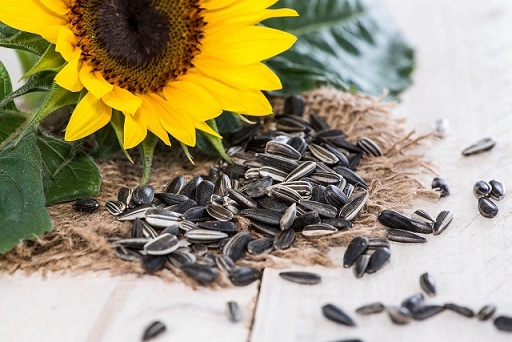
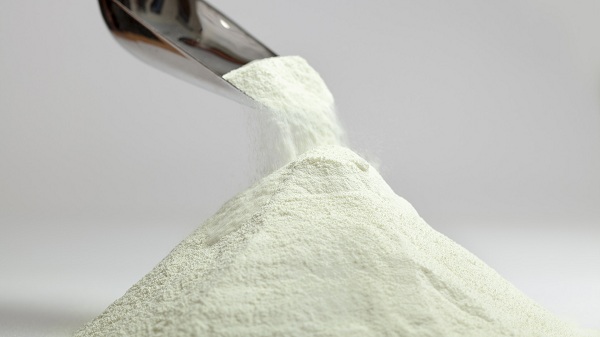
What you may get from us: Looking for a good source of plant-based protein? If you're developing a product that contains plant-based protein.I think you can find the information or products you need here.
Production process in our factory:After the seed is collected, raw seed will be peeled and screened. Then cold-pressed which may effectively make the product contains most nutrient and low hazards that can be introduced by high temperature , To get a crude protein powder. Then it will be purified to relatively high content of protein,Like 70% and 80%. We may also design a production process based on your special requirements.
How to use Sunflower Seed Protein powder: What you need is just use our products to formulate your products. It can be mixed with your other plant-based protein together to make vegan/vegetarian protein powder products. It can also be directly used for making energy bars, smoothies, shakes or baking foods.
100% Vegetarian, Gluten Free, Soy Free & Dairy Free
|
Specification informations for the products |
||
|
Sunflower Seed Protein Powder |
||
|
Appearance |
Fine powder |
|
|
Color |
Grey |
|
|
Purity of active compunds |
Protein50%, 65%, |
|
|
Partical size |
Normally pass through 80mesh |
|
|
Other parameter |
We also control other parameters like: Moisture, Fat residue, Microbiological limits, Heavy metals. |
|
|
Packing type and size |
25 kg per paper drum |
|
|
For pricing or more information, please call 86 29 88444632 or send an email to Sales@nutraherbsource.com. |
||
Overview Information:
Plant profile:
English Name: Sunflower.
Botanical Source: Seed of Helianthus annuus.
Sunflower seeds are technically the fruits of the sunflower plant (Helianthus annuus).
The seeds are harvested from the plant’s large flower heads, which can measure more than 12 inches (30.5 cm) in diameter. A single sunflower head may contain up to 2,000 seeds.
There are two main types of sunflower crops. One type is grown for the seeds you eat, while the other — which is the majority farmed — is grown for the oil.
The sunflower seeds you eat are encased in inedible black-and-white striped shells, also called hulls. Those used for extracting sunflower oil have solid black shells.
Sunflower seeds have a mild, nutty flavor and a firm but tender texture. They’re often roasted to enhance the flavor, though you can also buy them raw.

The power of sunflower protein
Made from selectively screened, cold-pressed sunflower seeds, Sunflower
Protein Powder is packed with minerals and essential fatty acids. It is low in
saturated fats, and ideal for active individuals or anyone who wants to
maintain overall health and energy levels.
Product Specification and Benefits
Rich in plant-based protein (>55%, 60%, 70% or 80%)
Good source of dietary fiber
Delicious, smooth taste available in plain, vanilla spice latte or
custom flavors
Nutrition Facts:Sunflower Protein 55%, Per 100g
|
|
Nutritional values |
||
|
Per 100g |
value |
|
|
|
Calorific Value (kcal) |
297kcal |
|
|
|
Fat (of which) |
5.5g |
|
|
|
- Saturated fatty acids |
2.5g |
|
|
|
- Trans fat |
- |
|
|
|
Cholesterol |
0mg |
|
|
|
Carbohydrates (of which) |
22g |
|
|
|
- Dietary Fiber |
15g |
|
|
|
- Sugars |
~ |
|
|
|
Protein |
55g |
|
|
|
Calcium |
250mg |
|
|
Amino Acid of Sunflower protein powder
Sunflower protein is a complete protein because it provides all of the essential amino acids. Its most noteworthy feature is its high concentration of branched-chain amino acids (BCAAs: Valine, Leucine and Isoleucine), which are well known for their ability to promote muscle growth and strength.
Besides having low lysine content, sunflower protein meets all other amino acid requirements. Sunflower protein contains about 20 percent branched-chain amino acids, essential for muscle repair. Given the low digestibility of this protein, the PDCAAS score is relatively low at 0.6.
|
Grams of Amino acid per 100g sunflower protein powder |
|
|
Alanine |
2.50 |
|
Arginine |
4.99 |
|
Aspartic acid |
5.01 |
|
Glutamic acid |
11.07 |
|
Glycine |
3.21 |
|
Histidine |
1.43 |
|
Isoleucine |
2.50 |
|
Leucine |
3.57 |
|
Lysine |
1.43 |
|
Phenylalanine |
2.50 |
|
Proline |
2.50 |
|
Serine |
3.22 |
|
Threonine |
1.79 |
|
Tyrosine |
1.43 |
|
Valine |
2.86 |
|
Cystein +Cystine |
0.36 |
|
Methionine |
1.07 |
|
Tryptophan (Total) |
1.07 |
Applications
·Easily add to shakes and smoothies
·Great addition to pre- and post-workout foods, snacks, meal replacements and meal staples
· Easily add to homemade Energy bars
· Ideal plant-based alternative for energy and sports nutrition
· Can be add to bakery flours
· Meat replacement in sausage and meat products
· Vegan/vegetarian foods and beverages
Suggested Usage
Smoothie Recipes:
Mix 15 g with 180g of water, juice or your favorite beverage. For a protein smoothie, blend with water and ice, and add juice or fruit to optimize taste.
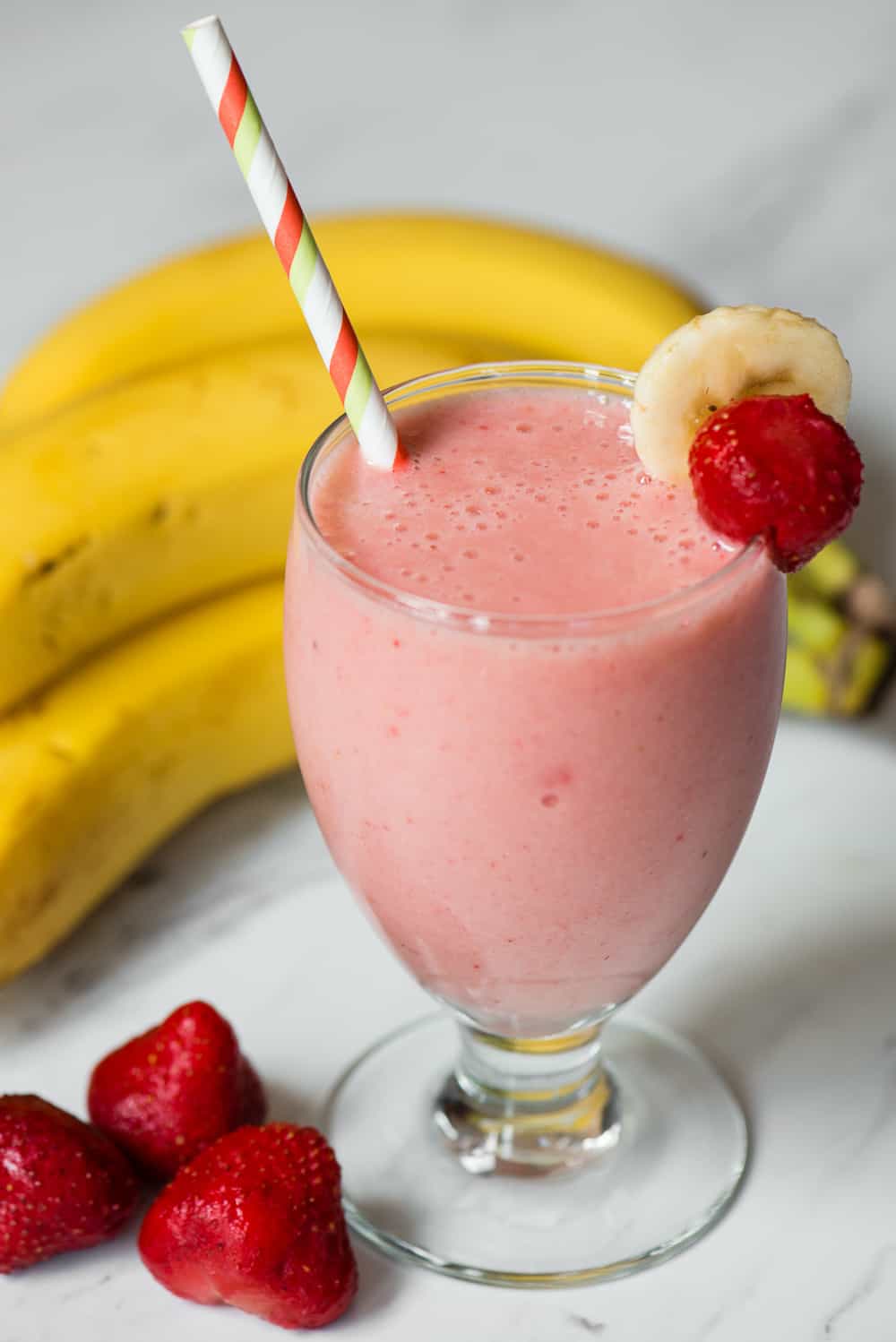
Vegan Peanut Butter Protein Smoothie
30g Sunflower protein powder
1 banana
10g peanut butter
Few Ice cubes
150g water or add few almond milk.
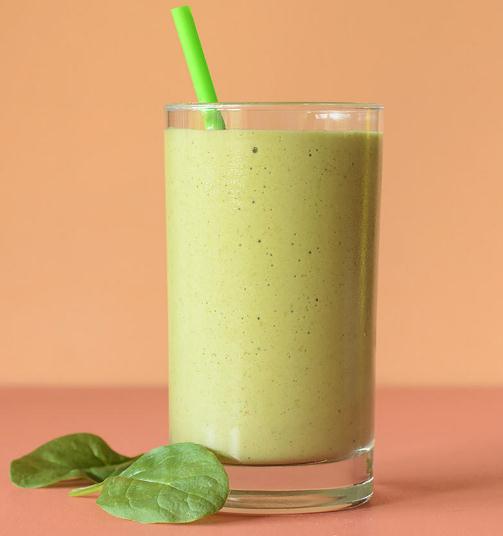
Health Benefits of Sunflower Seeds
Health Benefits
Sunflower seeds may help lower blood pressure, cholesterol and blood sugar as they contain vitamin E, magnesium, protein, linoleic fatty acids and several plant compounds.
Furthermore, studies link sunflower seeds to multiple other health benefits.
1. Inflammation
While short-term inflammation is a natural immune response, chronic inflammation is a risk factor for many chronic diseases.
For example, increased blood levels of the inflammatory marker C-reactive protein is linked to an increased risk of heart disease and type 2 diabetes.
In a study in more than 6,000 adults, those who reported eating sunflower seeds and other seeds at least five times a week had 32% lower levels of C-reactive protein compared to people who ate no seeds.
Though this type of study cannot prove cause and effect, it is known that vitamin E — which is abundant in sunflower seeds — helps lower C-reactive protein levels.
Flavonoids and other plant compounds in sunflower seeds also help reduce inflammation .
2. Heart Disease
High blood pressure is a major risk factor for heart disease, which can lead to heart attack or stroke.
A compound in sunflower seeds blocks an enzyme that causes blood vessels to constrict. As a result, it may help your blood vessels relax, lowering your blood pressure. The magnesium in sunflower seeds helps reduce blood pressure levels as well.
Additionally, sunflower seeds are rich in unsaturated fatty acids, especially linoleic acid. Your body uses linoleic acid to make a hormone-like compound that relaxes blood vessels, promoting lower blood pressure. This fatty acid also helps lower cholesterol.
In a 3-week study, women with type 2 diabetes who ate 1 ounce (30 grams) of sunflower seeds daily as part of a balanced diet experienced a 5% drop in systolic blood pressure (the top number of a reading).
Participants also noted a 9% and 12% decrease in “bad” LDL cholesterol and triglycerides, respectively.
Furthermore, in a review of 13 studies, people with the highest linoleic acid intake had a 15% lower risk of heart disease events, such as heart attack, and a 21% lower risk of dying of heart disease, compared to those with the lowest intake.
3. Diabetes
The effects of sunflower seeds on blood sugar and type 2 diabetes have been tested in a few studies and seem promising, but more research is needed.
Studies suggest that people who eat 1 ounce (30 grams) of sunflower seeds daily as part of a healthy diet may reduce fasting blood sugar by about 10% within six months, compared to a healthy diet alone.
The blood-sugar-lowering effect of sunflower seeds may partially be due to the plant compound chlorogenic acid.
Studies also suggest that adding sunflower seeds to foods like bread may help decrease carbs’ effect on your blood sugar. The seeds’ protein and fat slow the rate at which your stomach empties, allowing a more gradual release of sugar from carbs.



